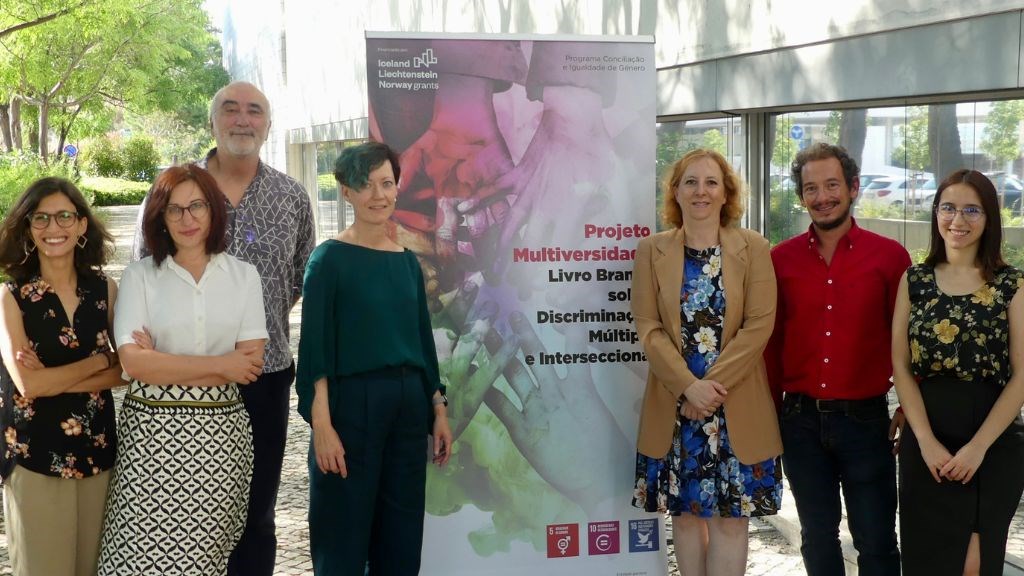On June 23rd 2023, after nine months of research and consultation with stakeholders - including NGOs, public entities, trade union and employers' confederations, European platforms and key informants in the area of Law - the intermediate results of the Multiversity project were publicly presented. In terms of diagnosis of needs, the following points were highlighted:
• Broadening of the categories initially defined as target of study (gender, ethno-racial origin, sexual orientation and gender identity and disability, also considering socio-economic consequences), now also including age, language and nationality;
• Urgent focus on (further) training/awareness raising on equality and non-discrimination in several key sectors. The public and administrative services, the health sector, education, justice and the security forces should be highlighted;
• Fighting precariousness and lack of financial, technical and human resources in NGOs and public entities;
• The need to monitor the application of the law as independently as possible, starting with the implementation of the international recommendations addressed to Portugal;
• Difficulties resulting from the dispersion/fragmentation of legal texts, such as obstacles in accessing information and full knowledge of rights;
• The need to recognise and prohibit intersectional forms of discrimination and to promote policies to eliminate them;
• The creation of temporary special measures for certain vulnerable groups;
• Difficulties of proof in cases of direct discrimination, aggravated in cases of multiple discrimination, and the inability of the judiciary to recognise systems of oppression;
• Need to facilitate inter-agency collaboration;
• The need to avoid the (over)fragmentation of data on discrimination, which prevents a holistic and intersectional reading of existing discrimination.
Based on this diagnosis, a recommendation for a legal and institutional redesign was also presented: one single law covering the various categories of discrimination listed, as well as multiple discrimination - and one single institution (which we call the Ombudsperson for Equality) to apply and enforce it.
During the Workshop, which was attended by around 30 people, a video was also launched (available onfacebooke oninstagram) to raise awareness of the reality of multiple and intersectional discrimination and the need for appropriate responses."
The intermediate results of the Multiversity project were publicly presented
